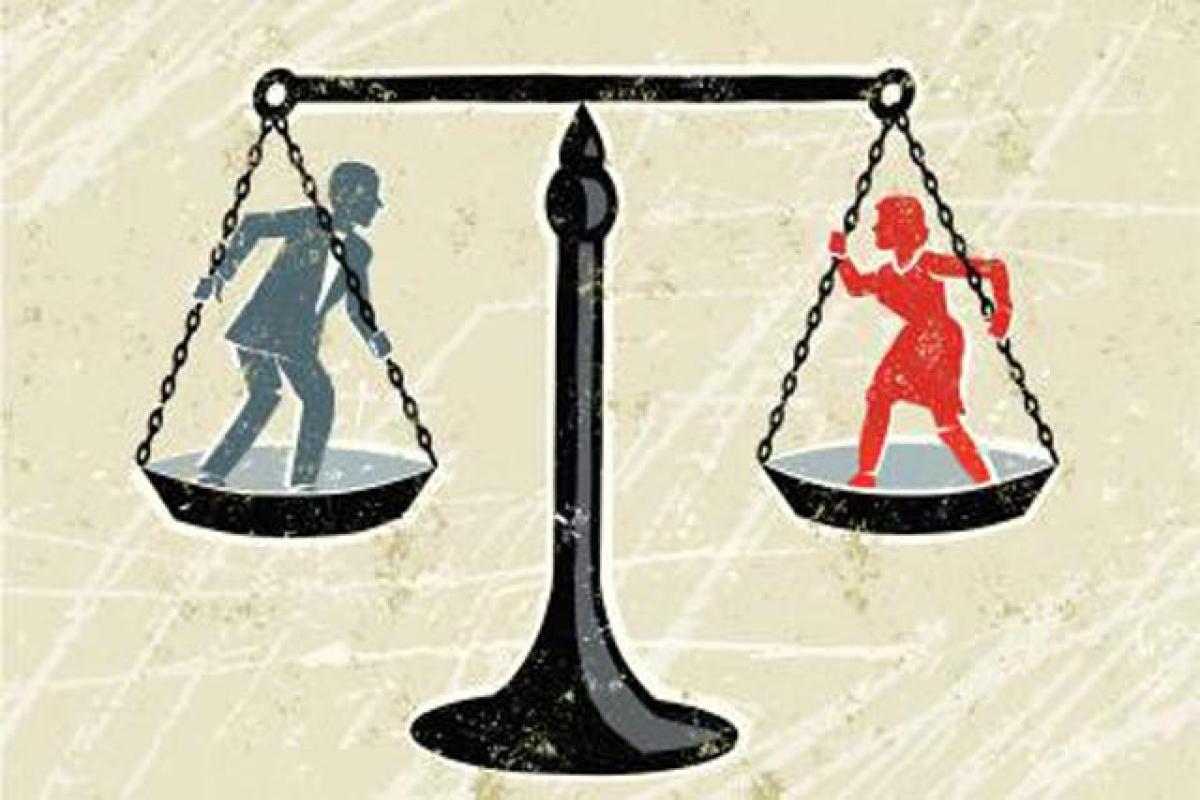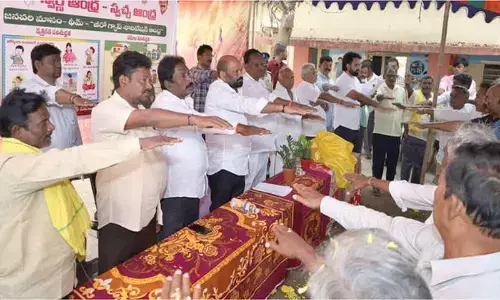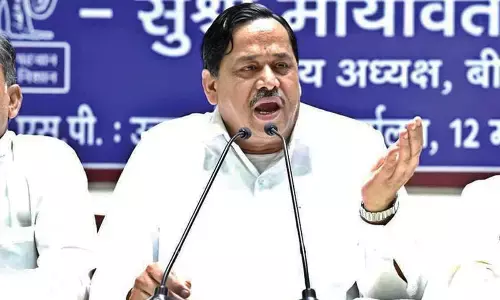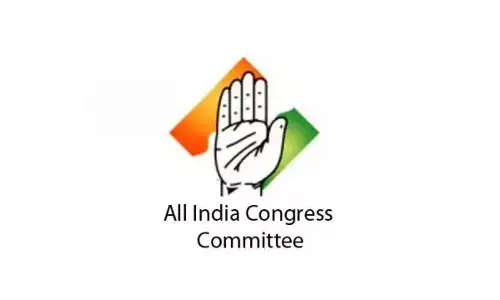Need for a secular civil code

Thirty years after the Shah Bano case, once again the Supreme Court has taken cognisance of the discrimination faced by Muslim women relating to property rights, triple talaq and polygamy.
What we need is gender-sensitive common legislation governing the rights and interests of women irrespective of their caste, creed or religion or marital status, and providing for a redress mechanism to remedy violation of their meaningful rights
Thirty years after the Shah Bano case, once again the Supreme Court has taken cognisance of the discrimination faced by Muslim women relating to property rights, triple talaq and polygamy. In its judgment dated 16th October 2015, it had suo motu ordered registration of a public interest litigation petition,reiterating the implementation of Article 44 of the Constitution, urging the government to provide a mandate on framing the Uniform Civil Code (UCC) and to do away with the problems and disputes arising out of nuances and the inherent aberrations in multiple personal laws.
Ushering in an integrated derivative of all schools of jurisprudence is a welcome gesture, especially in the context of empowering women through ‘Beti Bachao Beti Padhao.’ This article discusses if the proposed UCC would promote women’s rights and interests, especially property rights empowering them legally and economically.
The complexity of the property rights is because of intersection of customary law, statutory law, constitutional provisions and religious personal laws governing the regulation of rights. The property rights of the Indian woman get determined depending on religion, married or unmarried status, which part of the country she comes from, if she is a tribal or non-tribal and so on.
While the Hindu Succession Act (amended) may be said to have revolutionised the previously held concepts on rules of inheritance, having conferred on the daughters the coparcener status with the same rights as sons, to claim partition, and (by presumption) to become kartas (managers) of that property, the fulfillment of the same in many cases is in a state of legal limbo with the latest Supreme Court judgment that the Hindu Succession (Amendment) Act is applicable prospectively.
Property rights of Muslim women are governed by The Muslim Personal Law (Shariat) Application Act, 1937. Wives, daughters, sisters, or grandmothers inherit half of the share of their male counterpart, showing gender discrimination… To my best efforts, no Supreme Court judgments that invalidate such discriminatory provisions / interpretations in Muslim law could be found.
A much debated litigation and judgment around the Christian women’s property rights is Mary Roy v. State of Kerala & others in which provisions of the Travancore Christian Succession Act, 1092, were challenged as they severely restricted the property rights of women belonging to the Indian Christian community in a part of south India, formerly called Travancore.
Despite legal guarantees of women’s equal rights in the Constitution, ‘patriarchal power’ denies women the right to administer property, sign contracts or obtain credit and, ultimately, the right to economic independence. Although, the Supreme Court has held that personal laws, to the extent that they are in violation of the fundamental rights, are void, women have a difficult time getting their voices heard and their rights protected.
The common thread through all the judgments involving women’s rights has been to ensure that women’s rights are not dismissed or marginalised and provide for a comprehensive legal mechanism to secure and enforce their rights. What we need is agender-sensitive common legislation governing the rights and interests of women irrespective of their caste, creed or religion or marital status, and providing for a redress mechanism to remedy violation of their meaningful rights.
Being multi-cultural and Secular, the specific responsibility of our legal scholars is to develop a Secular Civil Code compatible with socio-cultural autonomy, without really creating a conflict between gender equality and cultural/religious rights. (The writer works as Consultant-Law at Centre for Good Governance. Views are her own)
By Lakshmi Prasanna Chodavarapu














